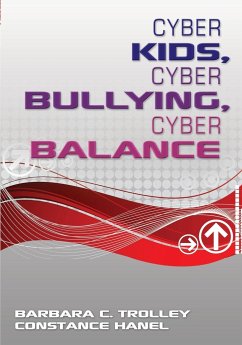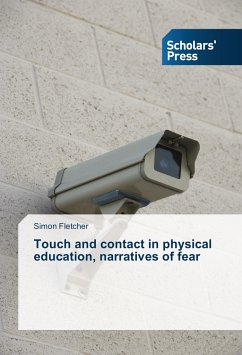
Cyber-Crime Fear and Victimization: An Analysis of A National Survey
Versandkostenfrei!
Versandfertig in 6-10 Tagen
51,99 €
inkl. MwSt.

PAYBACK Punkte
26 °P sammeln!
The aim of this study was to investigate cyber-crime victimization among Internet users in the United States by: 1) assessing the factors that impact computer virus victimization; 2) assessing the factors that impact cyber-crime victimization; and 3)predicting fear of cyber-crime.The findings of this study indicate that routine activity theory was a powerful predictor of computer virus victimization and cyber-crime victimization. That is, risk exposure and suitable targets helped determine the victimization. The study also foundthat cyber-crime victimization, gender, and perceived seriousness ...
The aim of this study was to investigate cyber-crime
victimization among Internet users in the United
States by: 1) assessing the factors that impact
computer virus victimization; 2) assessing the
factors that impact cyber-crime victimization; and 3)
predicting fear of cyber-crime.
The findings of this study indicate that routine
activity theory was a powerful predictor of computer
virus victimization and cyber-crime victimization.
That is, risk exposure and suitable targets helped
determine the victimization. The study also found
that cyber-crime victimization, gender, and
perceived seriousness were predictive of fear
of cyber-crime.
victimization among Internet users in the United
States by: 1) assessing the factors that impact
computer virus victimization; 2) assessing the
factors that impact cyber-crime victimization; and 3)
predicting fear of cyber-crime.
The findings of this study indicate that routine
activity theory was a powerful predictor of computer
virus victimization and cyber-crime victimization.
That is, risk exposure and suitable targets helped
determine the victimization. The study also found
that cyber-crime victimization, gender, and
perceived seriousness were predictive of fear
of cyber-crime.












